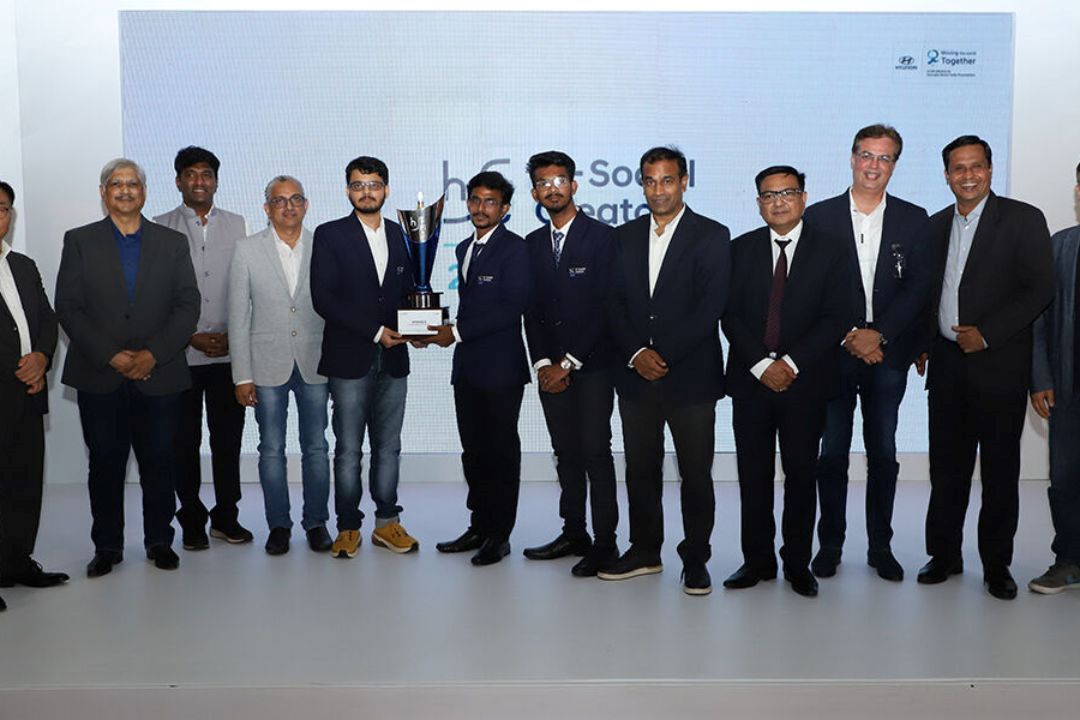In a significant move to enhance pediatric cancer treatment in India, the Indian Institute of Technology Madras has partnered with Hyundai Motor India Foundation to launch a new program focused on research, early detection, and treatment access for children. The initiative, backed by a Rs 56 crore social impact investment, will be anchored by the newly established Centre for Cancer Genomics located at IIT Madras’ main campus in Chennai.
This centre aims to advance cancer care through cutting-edge genomic sequencing, which will help identify genetic mutations and pave the way for a national database dedicated to childhood cancer. The research will contribute to developing personalized treatment plans and support broader collaborations with global cancer research networks, including the International Cancer Genome Consortium and the World Health Organization’s cancer research agency.
Education Minister Dharmendra Pradhan highlighted that this effort supports the National Education Policy 2020 by encouraging collaboration between academic institutions and industry, and by promoting research in key healthcare sectors. In addition to scientific research, the initiative will directly benefit underserved communities. A dedicated Rs 3 crore Cancer Care Fund has been created to ensure that financially challenged patients can access treatment.
Over the next four years, more than 225 cancer awareness and screening camps will be held in Tamil Nadu, Haryana, and Maharashtra, aiming to reach approximately 1.27 lakh people. The program also includes the vaccination of over 5,000 girls against the human papillomavirus (HPV), a key preventive measure against cervical cancer. “This is not just about building facilities—it’s about giving children a better future,” said Unsoo Kim, Managing Director of Hyundai Motor India.
Established in 2006, HMIF drives Hyundai’s social responsibility programs across India. The foundation focuses on sustainable community development through initiatives in healthcare, education, environmental conservation, road safety, skill-building, and disaster response.
In education, HMIF has supported school infrastructure upgrades, provided scholarships to students from disadvantaged backgrounds, and promoted digital learning tools. The foundation also backs skill development and vocational training programs to improve employment opportunities for youth from low-income families.
Within the healthcare domain, HMIF runs several initiatives to enhance medical access in remote areas. This includes mobile health units, medical equipment donations, awareness drives, and its SparshSanjeevani program, which has played a significant role in deploying ambulances and emergency care services in rural India. Environmental initiatives by HMIF have included afforestation efforts, water management projects, and promotion of renewable energy sources—all designed to foster ecological balance and involve communities in sustainability practices.
Road safety awareness is another focus area, where HMIF partners with local authorities to conduct educational campaigns and training programs aimed at reducing road accidents. In times of crises, such as natural disasters, HMIF has actively participated in relief operations—distributing essential supplies, medical aid, and helping with community rebuilding efforts.








